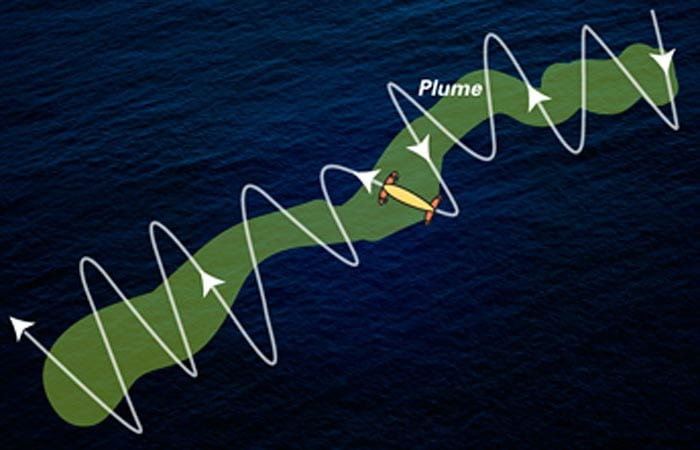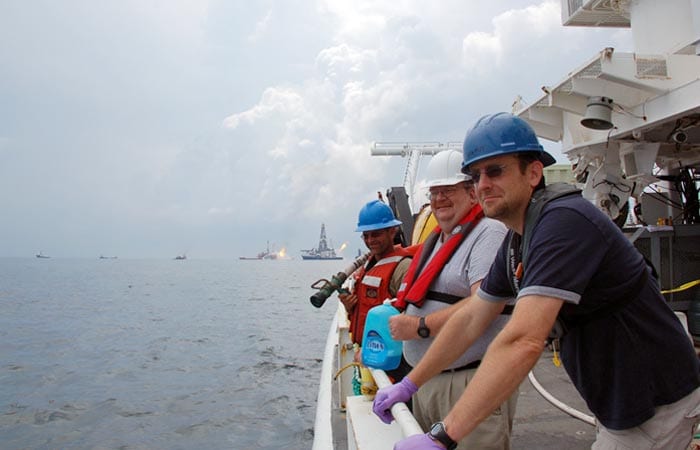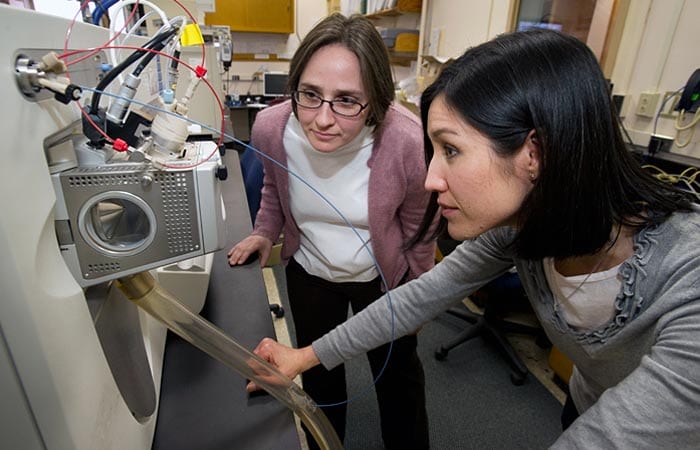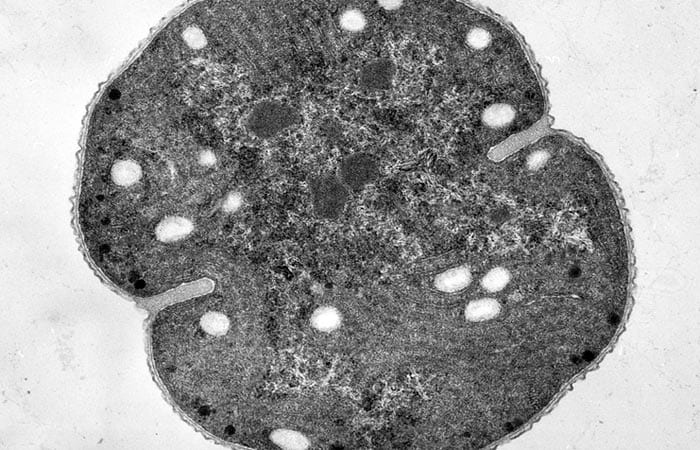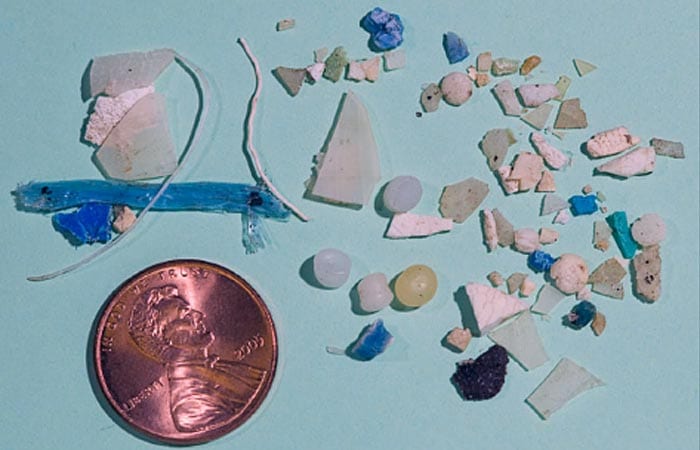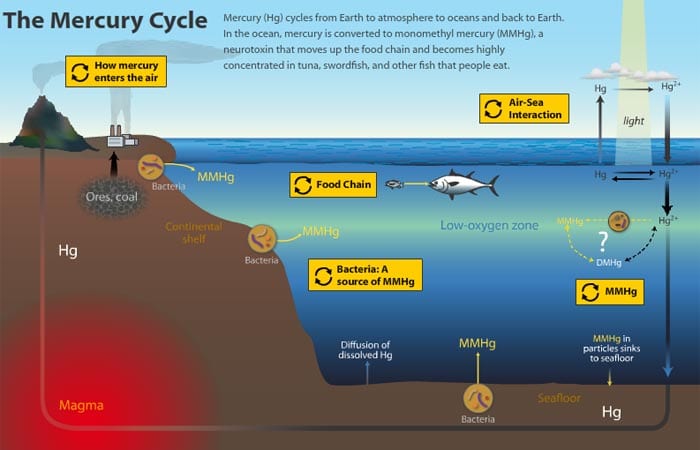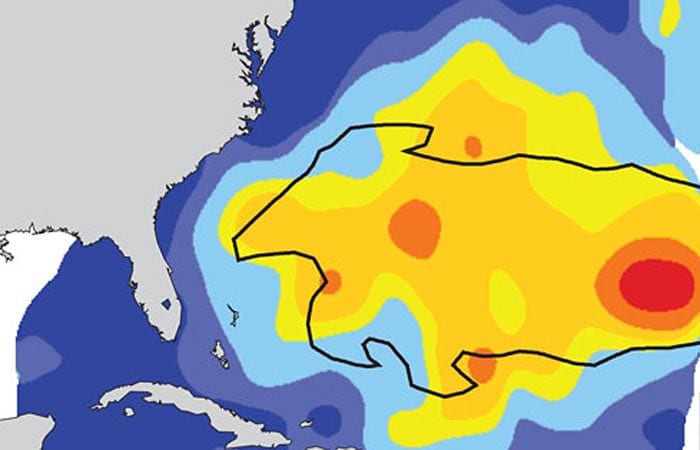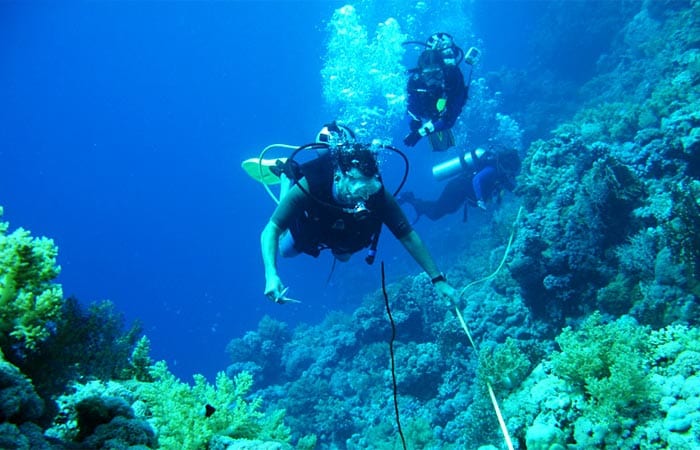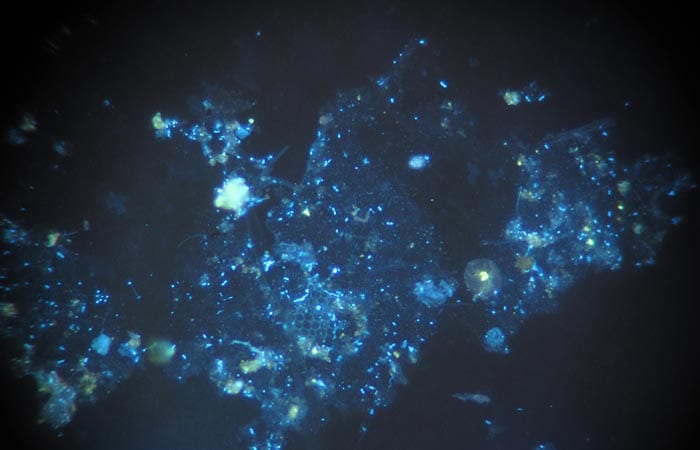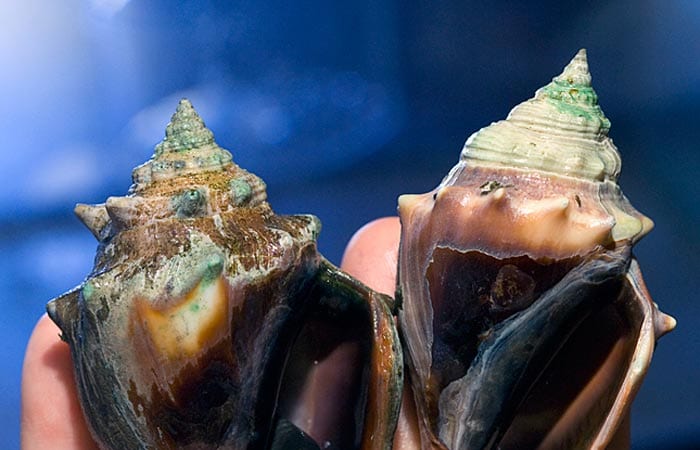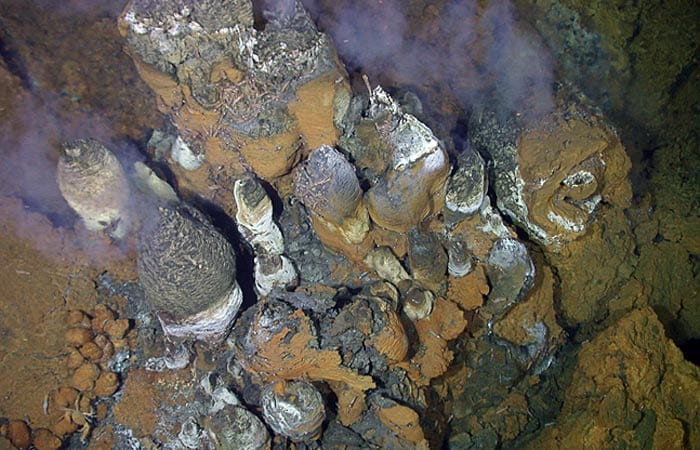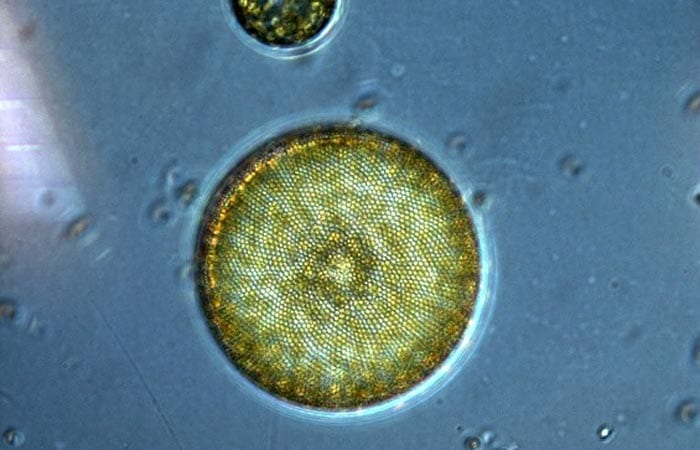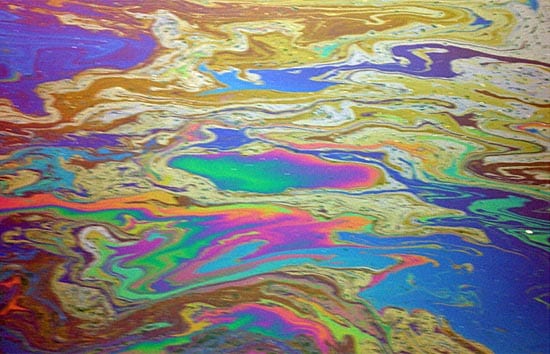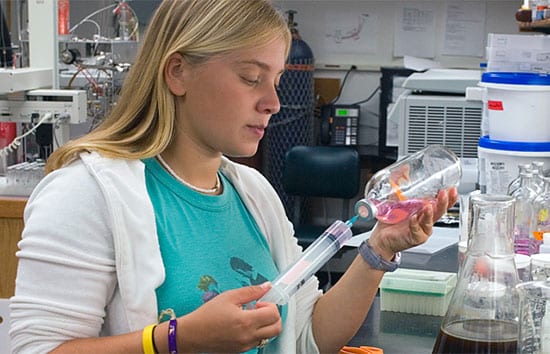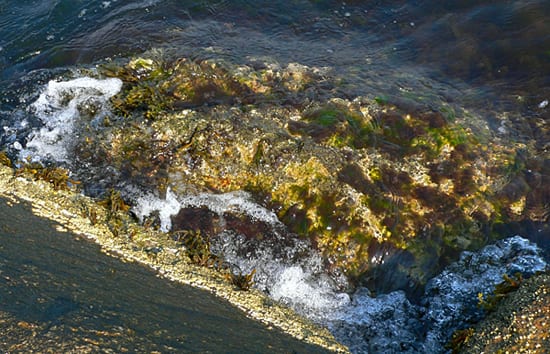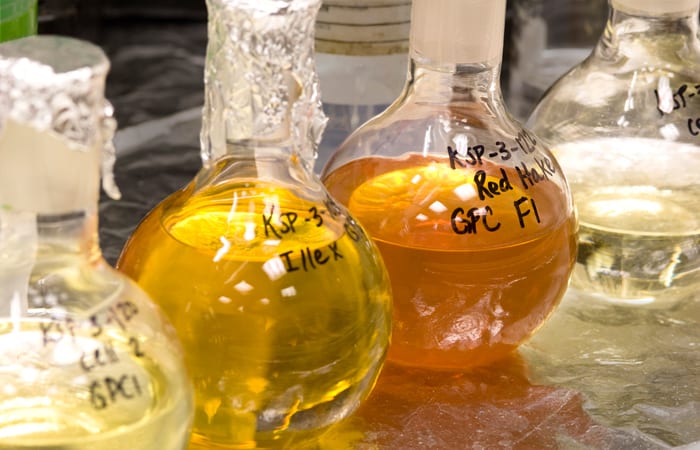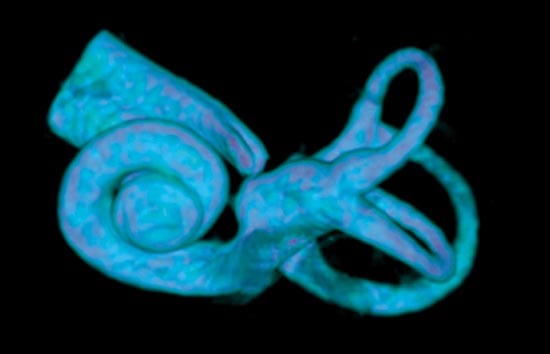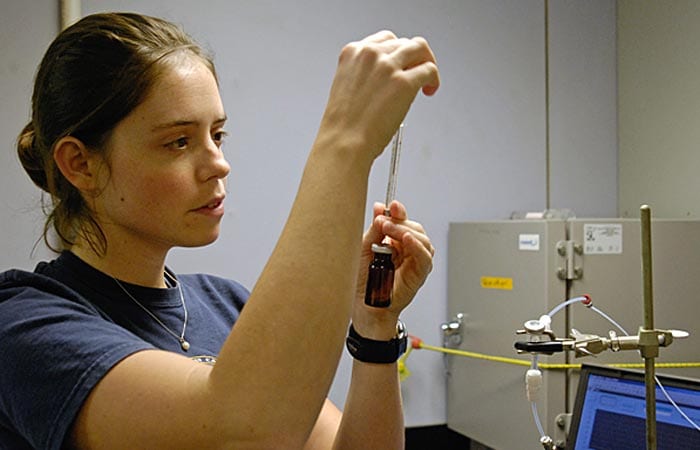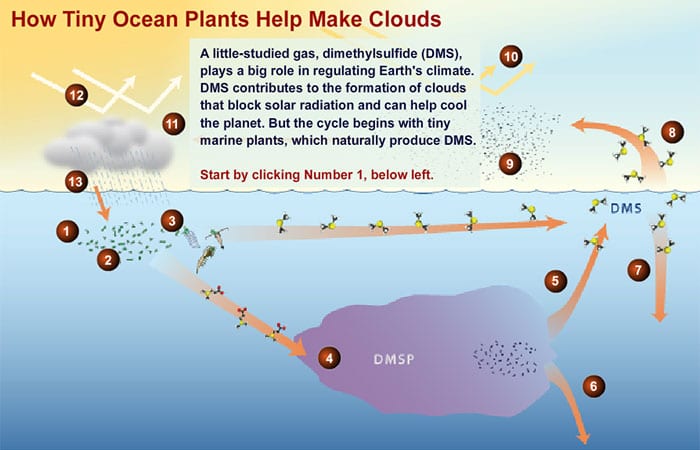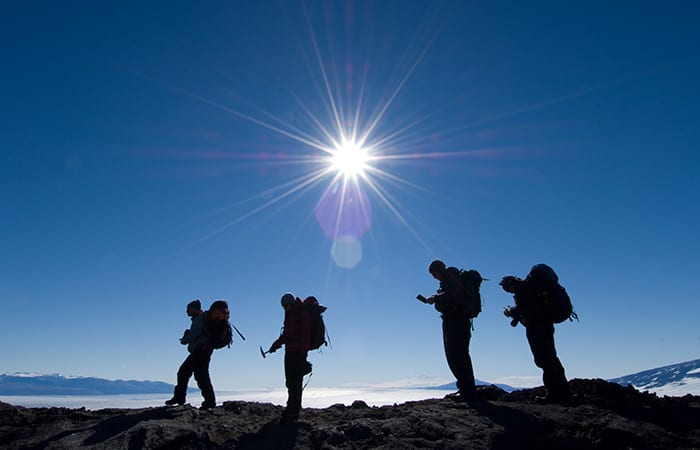Marine Chemistry & Geochemistry
A Plume of Chemicals from Deepwater Horizon
Along with the torrent of hot gas and oil spewing from the bottom of the sea, hot hints and rumors were also streaming out of the Gulf of Mexico in…
Read MoreA Small Sip from a Big Gusher
How much oil gushed out of the Deepwater Horizon well and into the Gulf of Mexico? For all stakeholders in the oil spill, that is a critical starting point for…
Read MoreOil, Microbes, and the Risk of Dead Zones
In the scramble to get to the Gulf of Mexico to study the Deepwater Horizon oil spill, Ben Van Mooy found out firsthand why the National Science Foundation called its…
Read MoreAfter the Oil Spill, Finding a Drop in the Ocean
In the aftermath of the Deepwater Horizon disaster in April, marine chemist Elizabeth Kujawinski recognized that a technique she had developed for entirely different reasons could readily be adapted to…
Read MoreRecycling Rare, Essential Nutrients in the Sea
In the vast ocean where an essential nutrient—iron—is scarce, a marine bacterium that launches the ocean food web survives by using a remarkable biochemical trick: It recycles iron. By day,…
Read MoreMicrobes Hitch Rides on Plastics in the Sea
This research was supported by the National Science Foundation, the National Oceanic and Atmospheric Administration, the National Fish and Wildlife Foundation, and the International Census of Marine Microbes initiative.
Read MoreHow Does Toxic Mercury Get into Fish?
Most everyone has heard by now that we should limit our consumption of certain fish because they accumulate high levels of toxic mercury. But nobody—not even scientists—knows how that toxic…
Read MorePlastic Particles Permeate the Atlantic
Recent reports of a “Great Pacific Garbage Patch” in the subtropical waters of the North Pacific Ocean described a floating island as large as Texas—so thick that one could potentially…
Read MoreWHOI Scientists Map and Confirm Origin of Large, Underwater Hydrocarbon Plume in Gulf
Scientists at the Woods Hole Oceanographic Institution (WHOI) detected and characterized a plume of hydrocarbons that is at least 22 miles long and more than 3,000 feet below the surface of the Gulf of Mexico, a residue of the BP Deepwater Horizon oil spill. The work presents a forensic snapshot of the plume characteristics in June and is reported in a study appearing in the Aug. 19 issue of the journal Science.
Read MoreWHOI scientists find ancient asphalt domes off California coast
They paved paradise and, it turns out, actually did put up a parking lot. A big one. Some 700 feet deep in the waters off California?s jewel of a coastal resort, Santa Barbara, sits a group of football-field-sized asphalt domes unlike any other underwater features known to exist. About 35,000 years ago, a series of apparent undersea volcanoes deposited massive flows of petroleum 10 miles offshore. The deposits hardened into domes that were discovered recently by scientists from the Woods Hole Oceanographic Institution (WHOI) and UC Santa Barbara (UCSB).
The Once and Future Corals
Bacterial ‘Conversations’ Have Impact on Climate
It’s wondrous how the vast and the infinitesimal combine to make our planet work. Scientists at Woods Hole Oceanographic Institution (WHOI) have found that bacteria in the ocean, gathering in…
Read MoreOcean Acidification: A Risky Shell Game
A new study has yielded surprising findings about how the shells of marine organisms might stand up to an increasingly acidic ocean in the future. Under very high experimental CO2…
Read MoreThe Promise and Perils of Seafloor Mining
A year ago, the Canadian mining company Nautilus Minerals was poised to launch a new industry: mining the deep ocean floor. All Nautilus had to do was finish building special…
Read MoreExploring an Icy, Invisible Realm in Antarctica
While Oil Gently Seeps from the Seafloor
I investigate what happens to oil spilled into the ocean—with an eye toward finding better ways to “engineer” cleanups. But the brass ring has always hung out of my reach.…
Read MoreTracking Nitrogen’s Elusive Trail in the Ocean
Humans often seem to be unable to fix a problem without creating a new one. We invented DDT to kill mosquitoes and stop the spread of malaria, but almost caused…
Read MoreListening In As Bacteria ‘Talk’ to Each Other
The 27th of January, at the entrance of the vast Bay of Bengal … about seven o’clock in the evening, the Nautilus … was sailing in a sea of milk.…
Read MoreResearchers Band Together to Create a Band
How Does Nature Deal with Persistent Pollutants?
Why would I choose to spend my years in graduate school up to my elbows in foul-smelling whale blubber? To explore how some of the most notorious man-made pollutants reach…
Read MoreThe Spiral Secret to Mammal Hearing
The spiral secrets of mammals? hearing abilities Whispering galleries are curious features of circular buildings. As whispers travel along the buildings’ curved walls, they remain loud enough to be heard…
Read MoreFor Graduate Student, Research Is a Gas
When you spend 40 days on a ship in the South Atlantic, enduring equipment failures, icebergs, and the occasional surly shipmate, you should at least get to see a few…
Read MoreDMS: The Climate Gas You’ve Never Heard Of
For generations of mariners, a tangy, almost sweet odor served as a signal that land was nearby. What sailors called “the smell of the shore” had the opposite meaning to…
Read MoreEarth, Wind, and Fire in Antarctica
From a windy, isolated camp in southern Victoria Land, Antarctica, three scientists from Woods Hole Oceanographic Institution explore how the waterless, lifeless, volcanic terrain formed and evolved. Read the story…
Read More
